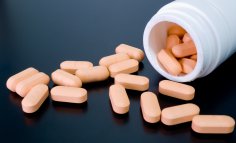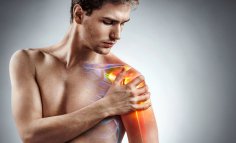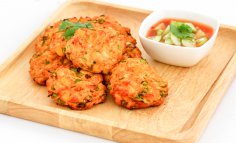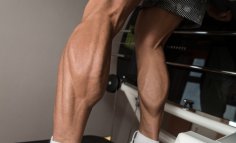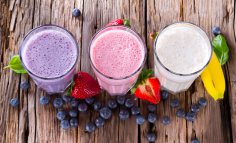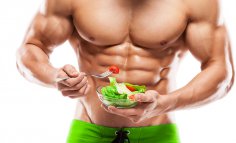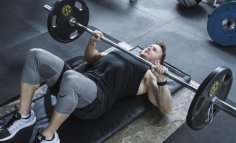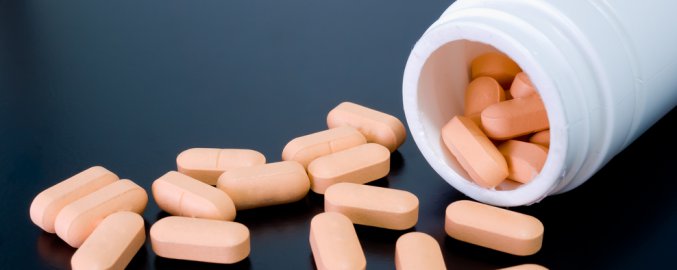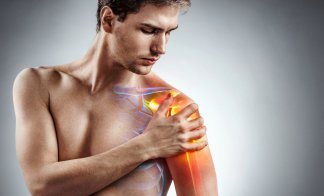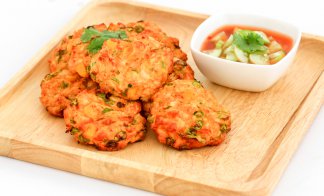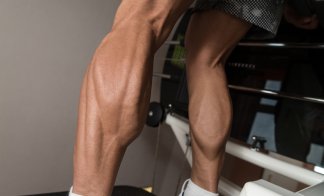Creatine and beta-hydroxy-beta-methylbutyrate (HMB) additively increase lean body mass and muscle strength during a weight-training program.
Nutrition 2001 Jul-Aug;17(7-8):558-66
Jowko E, Ostaszewski P, Jank M, Sacharuk J, Zieniewicz A, Wilczak J, Nissen S.
Institute of Sport and Physical Education, Biala Podlaska, Academy of Physical Education, Warsaw, Poland.
We investigated whether creatine (CR) and beta-hydroxy-beta-methylbutyrate (HMB) act by similar or different mechanisms to increase lean body mass (LBM) and strength in humans undergoing progressive resistance-exercise training. In this double-blind, 3-wk study, subjects (n = 40) were randomized to placebo (PL; n = 10), CR (20.0 g of CR/d for 7 d followed by 10.0 g of CR/d for 14 d; n = 11), HMB (3.0 g of HMB/d; n = 9), or CR-and-HMB (CR/HMB; n = 10) treatment groups. Over 3 wk, all subjects gained LBM, which was assessed by bioelectrical impedance analysis. The CR, HMB and CR/HMB groups gained 0.92, 0.39, and 1.54 kg of LBM, respectively, over the placebo group, with a significant effect with CR supplementation (main effect P = 0.05) and a trend with HMB supplementation (main effect P = 0.08). These effects were additive because there was no interaction between CR and HMB (CR x HMB main effect P = 0.73). Across all exercises, HMB, CR, and CR/HMB supplementation caused accumulative strength increases of 37.5, 39.1, and 51.9 kg, respectively, above the placebo group. The exercise-induced rise in serum creatine phosphokinase was markedly suppressed with HMB supplementation (main effect P = 0.01). However, CR supplementation antagonized the HMB effects on serum creatine phosphokinase (CR x HMB interactive effect P = 0.04). Urine urea nitrogen and plasma urea were not affected by CR supplementation, but both decreased with HMB supplementation (HMB effect P < 0.05), suggesting a nitrogen-sparing effect. In summary, CR and HMB can increase LBM and strength, and the effects are additive. Although not definitive, these results suggest that CR and HMB act by different mechanisms

